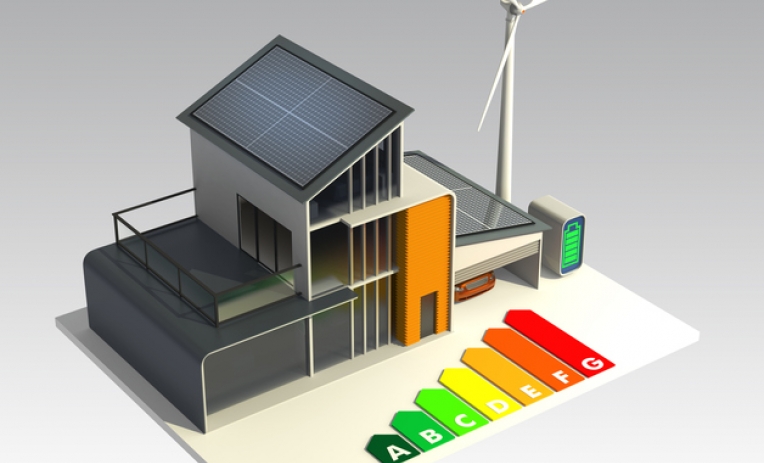Brussels – First confirmation, now the floor in Strasbourg. The European Parliament’s Industry, Research and Energy (ITRE) committee today (Jan. 15) confirmed by 38 votes to 20 with 6 abstentions the agreement reached with the EU Council last Dec. 7 on the revision of the Energy Performance of Building Directive, the so-called Green Homes Directive. After the go-ahead in committee, the agreement will now have to be formally approved by the full plenary of Parliament, presumably during the March session, which with the legislature winding down will also be the last properly “legislative” plenary.
The revised Green Homes Directive was proposed by the EU executive in December 2021 to raise the energy standards of the EU’s housing stock, since buildings are responsible for about 40 per cent of Europe’s energy consumption and 36 per cent of its CO2 emissions. In the final agreement, negotiators softened some of the European Commission’s initial demands to meet the ones of countries such as Italy, where the proposal has fueled bitter controversy, especially over the financing and minimum energy performance standards parts.
Minimum performance standards with exemptions
The general outline of the European Commission’s proposal is retained, and thus from 2030, all new residential buildings will have to be built to be zero-emissions. For public buildings, this standard will apply from 2028. By 2050, the entire existing building stock will have to be zero-emissions.
At the heart of the EU executive’s proposal, however, were the minimum energy performance standards—contained in Article 9—by which Brussels had proposed to include a requirement that at least 15 per cent of the worst-performing buildings in each EU country be renovated. Negotiators confirmed that they wanted to leave behind the idea of including EU renovation requirements for individual buildings based on harmonized energy classes, preferring an approach in which reference averages are set for each country over the entire building stock.
For nonresidential buildings, negotiators agreed that at least 16 per cent of the worst-performing buildings will be targeted for renovation by 2030 and 26 per cent by 2033. As for residential buildings, a sector-average energy reduction target will be applied, with a 16 per cent energy consumption reduction in 2030 and a 20-22 per cent by 2035.
To provide flexibility for governments, renovation measures taken since 2020 will count toward the target. There is an additional clause that aims to reward “early efforts,” meaning it rewards member states that have taken early measures. The agreement also includes several exemptions that member states can apply for historic buildings, agricultural buildings, military purposes, and buildings used only temporarily.
Among the details agreed upon during the interinstitutional negotiations was a postponement from 2035 (as per the EU executive’s proposal) to 2040 of the requirement to say goodbye to fossil-fueled devices for cooling and heating homes, an issue also dear to Italy’s heart. The co-legislators also agreed to end all subsidies for stand-alone heaters by 2025.
As for installing solar panels on roofs, the obligation will cover only new buildings, public buildings and non-residential buildings from 2026 to 2030 respectively. However, member states will also have to implement national strategies, policies, and measures to install solar systems in residential buildings as well. Once the agreement is confirmed and published in the Journal, implementation of the standards is expected to begin in 2026.
The Lega in Brussels celebrates the changes in the final agreement on the text. “A measure that, as it was intended by Brussels, would have hit Italian companies, workers and families hard,” MEPs Paolo Borchia (Id coordinator in the ITRE committee) and Isabella Tovaglieri (ITRE committee member, shadow rapporteur of the measure) stress in a note. They speak of a “threat averted thanks to the battles led by Lega in Europe and the commitment of the Italian government, which made common sense prevail on all negotiating tables, sending back to sender any Eurofoolery.”
Despite some downward compromises, for Tiziana Beghin, head of the 5 Stelle Movement’s delegation to the European Parliament, the legislation “sets common goals for modernizing buildings, saving energy and reducing polluting emissions. Europe is taking one path while the Meloni government is taking the opposite one since it has decided to rip up the Superbonus.”
English version by the Translation Service of Withub






